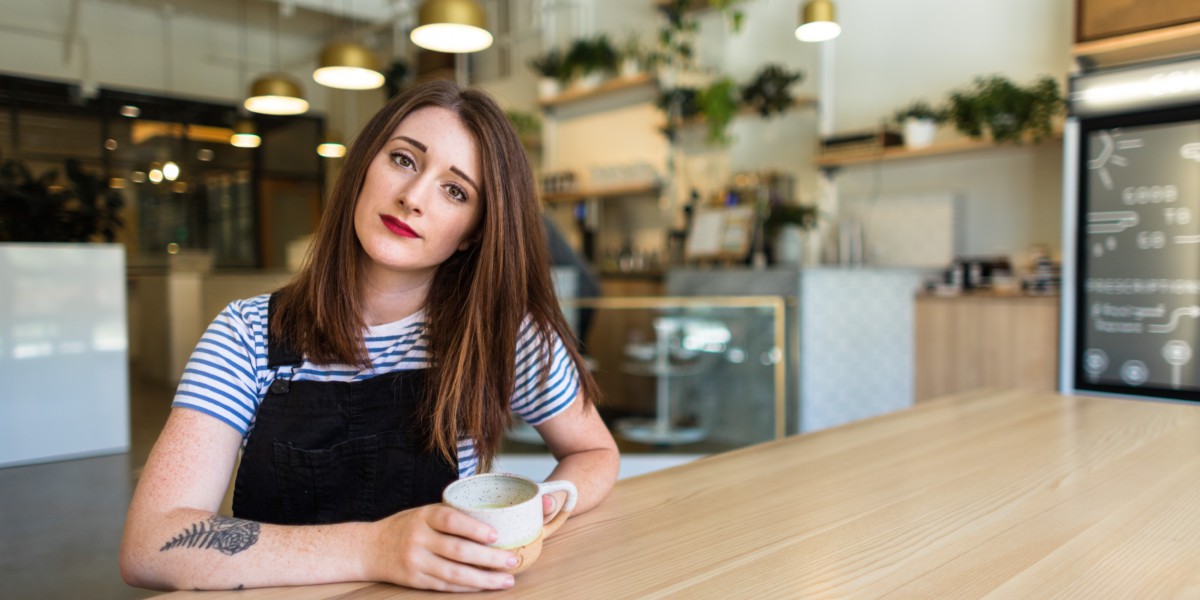While the world is headlong into a second/third/ongoing COVID-19 wave, things in Australia are looking stable. Sure, South Australia had its recent pizza shop scare but overall, we are incredibly close to eradicating the virus – even though that has never been the official goal.
Hard work and determination from each and every single one of us (give yourself a pat on the back) has brought us here. Well done.
But of course, all of this has come at a price. Reports of deteriorating mental health have been skyrocketing since March and only time will tell how this will play out in 2021. The focus will be on supporting Melbournians whose superhuman lockdown feat kept the rest of the country safe. Let’s hope those who faced bushfires and COVID in this truly diabolical year will also get the support they need.
New reports are now surfacing about the other knock-on effects. Some good, some not so much.
One step forward, 25 steps back
New global data from UN Women claims that the pandemic could wipe out 25 years of increasing gender equality. Why? Women have been doing significantly more domestic chores and family care because of the impact of the pandemic.
Worldwide, before the coronavirus, for every one hour of unpaid work done by men, three hours was done by women. Data from 38 countries confirms that both women and men have increased their unpaid workloads, but women are still doing the lion’s share.
UN Women Deputy Executive Director Anita Bhatia says, “If it was more than three times as much before the pandemic, I assure you that number has at least doubled.”
Employment and education opportunities could be lost and women may suffer from poorer mental and physical health.
Urban inequality
Another, more subtle consequence should be an eye-opener to all of us. It’s called urban inequality. While most of us were focused on the dynamics of working from home – and now the “safe return to the office” – it’s easy to forget that for a large section of the population, this simply has not been an option.
Richard Sennett, senior advisor to the UN on cities and climate change, told Radio National that this focus obscures a dark reality. He says a “big thick line” has been created between the manual working class and their wealthier and more flexible contemporaries. “If you’re a cleaner or you pick up garbage, you can’t work remotely from home. You can’t be a clerk in a supermarket remotely.”
Urban inequality will affect the design and function of our cities as more people will chose to work from home more regularly. Empty CBDs mean less manual/services jobs in the cities and even more displacement for those already heavily impacted by COVID.
The good
Thankfully there are some positive outcomes too. Melanie Davern, director of the Australian Urban Observatory at RMIT University observes, “There has been a shift towards people wanting to be more connected with their communities.”
The Vocal Minority encouraged this trend early on in the pandemic and it’s great to see that the connection with neighbours and friends has been sustained.
Probably the one thing we’d want to take into 2021.


